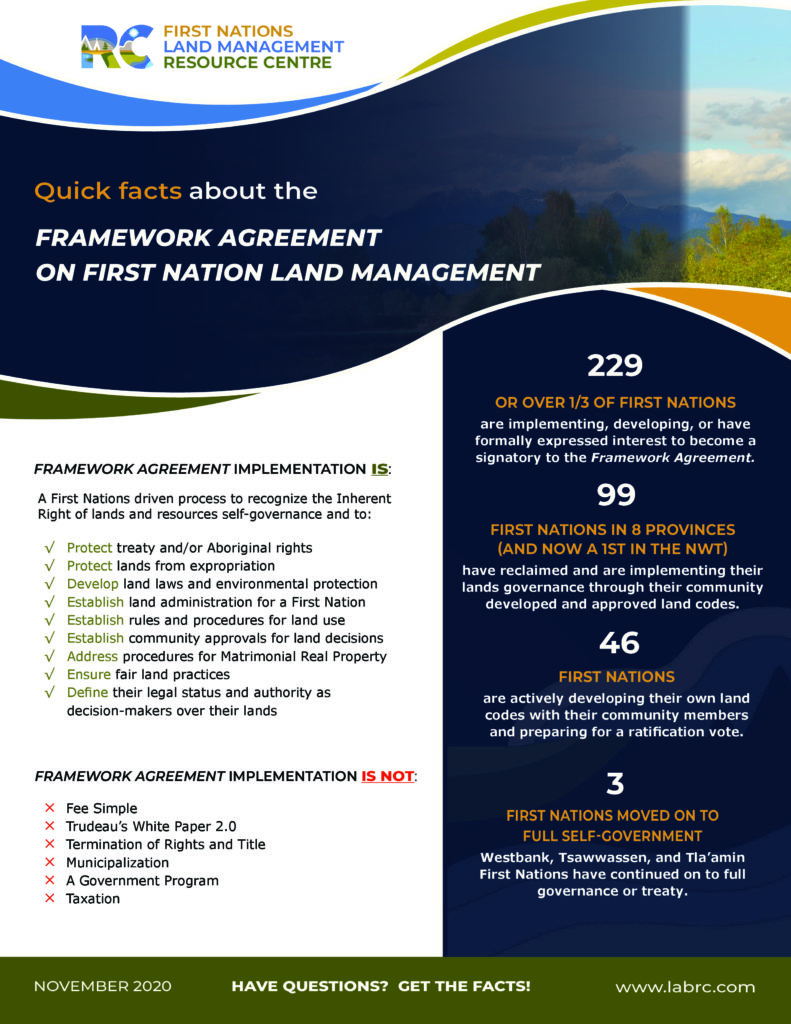First Nations Lands Management Act
DRFN Land Code
Land Code Documents
- Notice of Vote (PDF)
- Doig River First Nation Verified Community Ratification Process (PDF)
- DRFN land code summary (PDF)
- First Nations Land Management Act (PDF)
- Framework Agreement on First Nation Land Management (Executive Summary – PDF) / Framework Agreement on First Nation Land Management Act (PDF)
- Framework Agreement Summary – Short (PDF)
- Individual Agreement Summary (PDF)
- Urban Reserve Map (PDF)
Urban Reserve Map
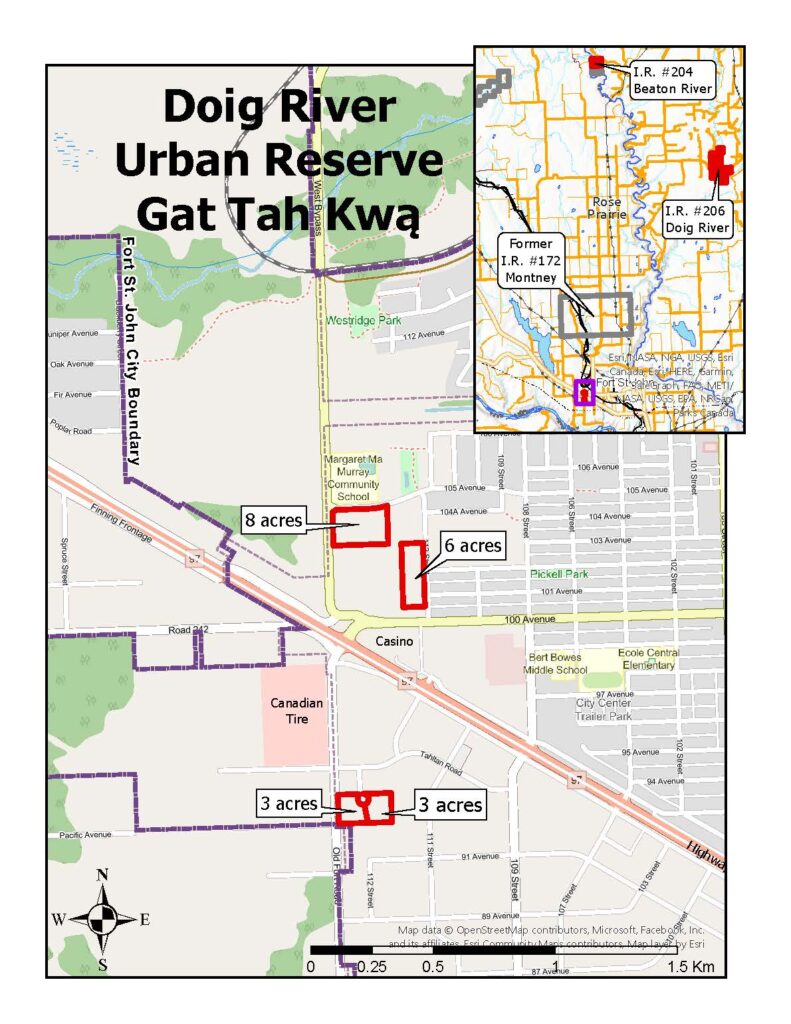
In fall 2020, DRFN became a signatory to the Framework Agreement on First Nation Land Management (FNLMA). This is a government-to-government agreement that allows First Nations to opt out of the land management sections of the Indian Act and take over governance and management control of their lands and natural resources. First Nation signatories ratify the Framework Agreement by enacting a Land Code. Until a Land Code is enacted, federal administration of the lands continues under the Indian Act. The Framework Agreement is not a treaty and does not affect existing treaty or other constitutional rights of First Nations.
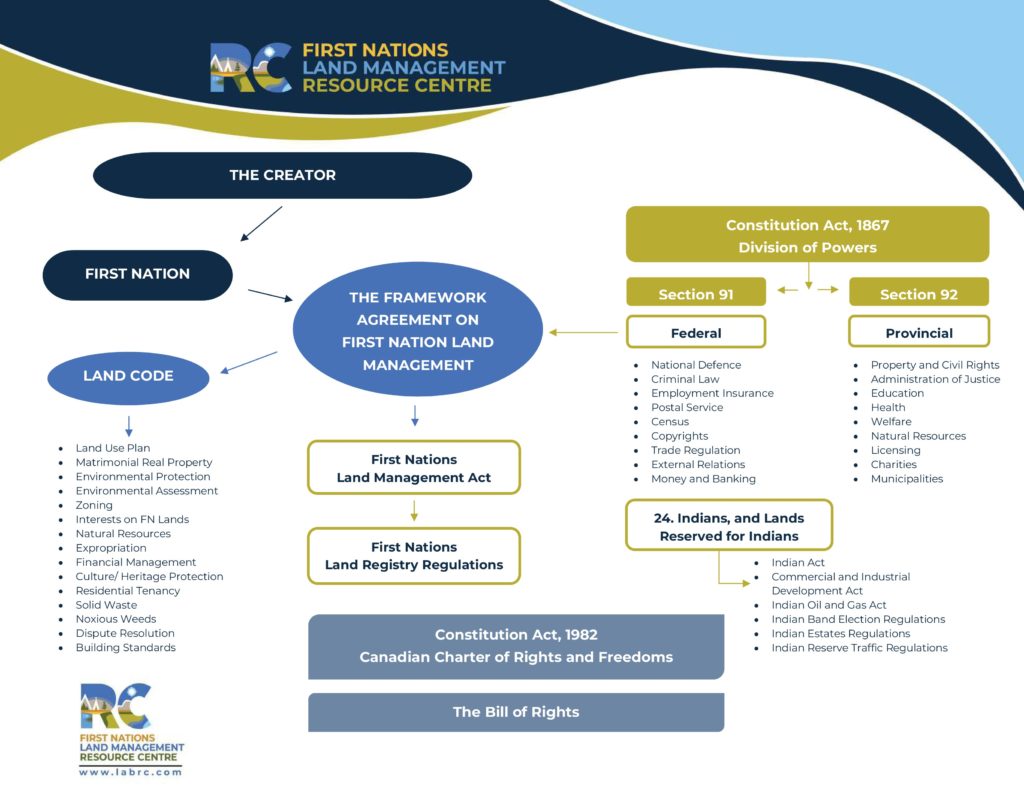
Taking Control of Land Governance
A First Nation signatory to the Framework Agreement develops its land governance system by: creating its own Land Code; drafting a community ratification process; and entering into an individual agreement with Canada.
The Land Code
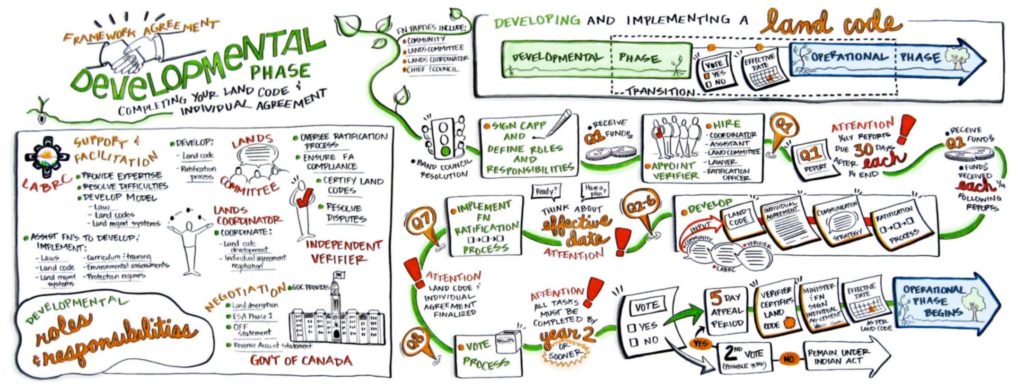
Drafted and approved by the community, the Land Code becomes the basic land law of DRFN. When it comes into effect, approximately 44 sections of the Indian Act no longer apply and Canada is no longer involved in the decision making of DRFN’s land and resources.
DRFN is a “developmental” Nation within the Framework Agreement which means it’s working in a process to develop a Land Code with the DRFN membership over the next 2 years. To move this project forward, DRFN has hired a Land Code Coordinator and a Land Use Planner to engage with the community, Council, staff and Indigenous Services Canada (ISC) to develop the land code and organize a community ratification vote by the members for approval of it.
As part of the community engagement work, there will be a Land Code Development Committee that will consist of members of the community, Council and technical staff. The Committee will meet regularly and will adopt a terms of reference to outline the roles and responsibilities of its members.
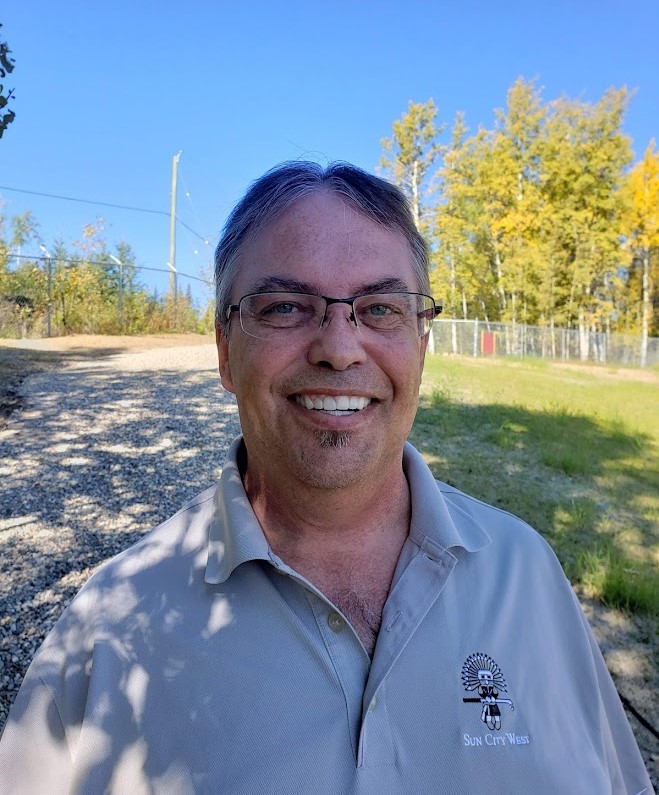
Owen Bloor
Land Use Planner
Detailed contact information for our staff and departments can be found on our Contact page.
Useful Links
Lands Advisory Board – https://landsadvisoryboard.ca
Lands Advisory Board Resource Centre – www.labrc.com
